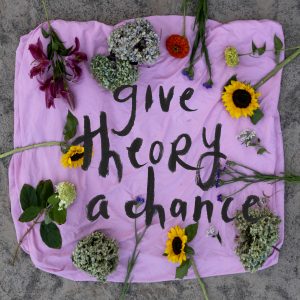Our guest for this episode is Pirkko Markula, Professor of Kinesiology, Sport, and Recreation at the University of Alberta. Pirkko takes on the challenge of discussing both Michel Foucault and Gilles Deleuze in a single podcast. Pirkko explains how reading them together offers insight into embodied practices and reveals more ethical possibilities. Something that Pirkko herself explores in both her research activities and fitness classes.
Podcast: Play in new window | Download
Subscribe: RSS


